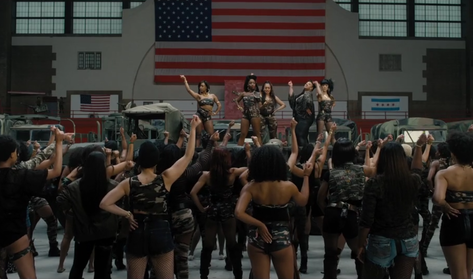 Spike Lee's Chi-Raq is one of the most energized films I've seen in awhile, a film that dances between moments of emotional poignancy and absurdest-fueled satire that borders on farce. It's a film that tonially feels like it shouldn't work, but it does, being an angry examination of the violence and poverty facing not only Chicago but urban American as a whole. Bordering on surrealist at times, Chi-raq is a film that manages to be incredibly playful and absurdest while never sacrificing the political and emotional resonance of this story of violence and needed change. A modern day adaptation of the ancient Greek play 'Lysistrata", Spike Lee's Chi-raq's dialogue is entirely dictated in poetic prose, telling the story of a group of women led by Lysistrata who organize against the ongoing violence in Chicago's Southside by starting a movement of celebacy, denying their men sex, in an effort to stop the ceaseless violence in the community. Like many of Lee's films, Chi-raq can feel a little uneven at times, but what it lacks in subtlety and nuance it makes up for in vitality. If there is a hot-topic issue in modern America, in particularly urban America, Chi-raq has something to say about it, with the film's energy really exhibiting the urgency felt by its filmmakers who simply want the unheralded violence which exists in these communities to stop. Many film's that use poetic dictation feel clunky to me but Chi-raq's dialogue balances its drama and comedy in a way that is endlessly engaging, comical but potent, as Spike Lee has created a truly singular vision, an important film that's passion and energy is felt in every frame. While the film touches on a host of very important issues facing our country like gun violence and racism, Chi-raq's examination of masculinity is particularly interesting, capturing its penchant for violence and the inherent barbarianism. A major aspect of Chi-raq is about the importance of intellectualism, showcasing how the gang lifestyle is really just a form of tribalism and barbarianism with the film suggesting the importance of intellectual enlightenment being one of the primary keys to stopping mindless violence in these communities. Lee's film doesn't make excuses for the urban communities either, acknowledging the neglected but also encouraging them to be better in the face of adversity. Outrageous, singular, clumsy, but endlessly passionate, Spike Lee's Chi-raq isn't just an immersive political protest but a pleading examination of humanity remembering the importance and power of love over hate.
0 Comments
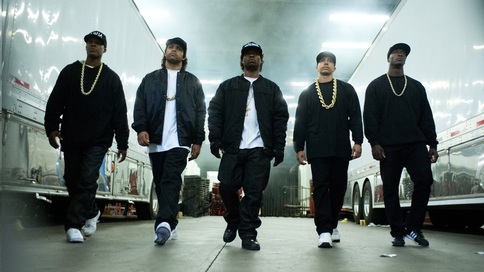 F Gary Gray's Straight Outta Compton is a sprawling biopic that covers the meteoric rise and fall of N.W.A, five men who captured lighting in a bottle as they translated their experiences of growing up on the streets of Compton, California into their music. At its best, Straight Outta Compton brings vitality to the story of Dr. Dre, Ice Cube, and Easy E, embodying the anger and raw energy of N.W.A's music. The problem is much of the film's energy relies too heavily on the music itself, as I'd argue the film is unable to create much emotion or energy on its own terms, at times almost feeling like a sing-a-long, as it relies on many of N.W.A.'s hit songs express its themes. Straight Outta Compton wants to say something about the abusive power of the police state but its far too eager to get its point across early on, forcing the subject early on only to abandon it later in the film. I found it particularly strange how quickly Straight Outta Compton glosses over the impact of the Rodney King trial later on in the film, a decision that is jarring considering the film's early themes centered around the abuse of authority these three men witnessed on a daily basis. The most interesting aspect of Straight Outta Compton is how the film is really about the corruptive qualities which business and power can have, as the three primary characters in Dr. Dre, Ice Cube, and Easy E all find themselves falling out of touch from one and other, seduced by the money and power promised to them. The film's back-half begins to buckle under its own weight, losing a bit of its focus as it introduces too many characters and tries to capture too many legacies. Featuring solid acting all around and a story that works more than it doesn't, Straight Outta Compton is a cookie-cutter biopic that relies on its subject's powerful music for far too much, whether it be its themes, ideals, or vitality. 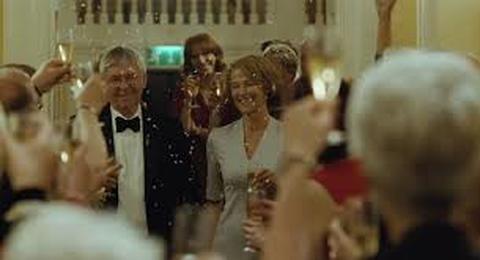 Andrew Haigh's 45 Years is a mature, observation of love and companionship, which challenges the fallacies of fairy tale love- this ideal that there is only one person out there for each and everyone of us. The film shatters this fallacy and in doing so creates a beautiful examination of what love truly is, speaking to the hard work that intimacy can create, where an individuals emotions can significantly strain even the strongest of relationships. Taking place over the course of a week, the film tells the story of Kate and Geoff Mercer, an elderly couple who are in the mist of planning their 45th wedding anniversary party. When a letter arrives for Geoff, which details that his first love's body has been discovered after years of mystery, it creates a strain for Kate, who begins to question her husbands' devotion towards her. 45 Years is a study of self doubt and the emotional weaknesses that exist in love, with Kate, played magnificently by Charlotte Rampling, beginning to question her husband's love and dedication The film captures the budding sentimentalism that can transpire in moments of doubt centered around one's devotion, as Kate becomes emotionally stifled by the possibility that she isn't her husband's sole love. While my description of the film may make it sound like 45 Years is a pessimistic look at love and marriage, It simply isn't, as it becomes a powerful and emotional resonant study of the give-and-take of any marriage, where emotions can infect even the strongest relationships with this overwhelming feeling of an individual not feeling like they are good enough for their companion. This is without question Charlotte Rampling's film, as 45 Years dives deep into the psyche and emotion of this character, capturing her longing and doubts as she plans her and her husbands 45 Year Anniversary. Andrew Haigh's direction is subtle but assured, as the director shows an uncanny ability to focus on the small details of these characters underlying emotions, never taking the easy way out through superfluous dialogue, relying heavily on the powerful performances by his two lead actors. One scene that stands out in this regard is when Kate first discovers that her husband still keeps pictures of his first love, confronting Geoff about it and demanding to see a picture of this woman that at one point in his life meant so much to him. While a lesser skilled director would have shown the picture of the woman, Haigh refrains in this scene, instead maintaining focus on Kate as she looks at the picture, capturing the emotional devastation of this character as she is confronted with the image of this woman who meant so much to her husband at one point in his life. Chronicling each day leading up to the anniversary party, with title cards stating 'Monday", 'Tuesday', etc, Haigh begins every day with meditative compositions of the beautiful countryside, a decision that beautiful juxtaposes the quiet, beauty of the location with the underlying tension being felt in Kate and Geoff's marriage. There is a sense of longing and emotional distress throughout the film for Kate's character, with Haigh repeatedly focusing on the quiet moments in Kate's life over the week, as she grapples internally with this idea of her husband's love for another. 45 Years is quietly gut-wrenching from start to finish, sparing no time in its 95 minute running time for superfluous subplots, capable of articulating so much without any use of dialogue or inorganic drama. Mature, potent, and honest, 45 Years is a potent study of relationships, regrets, emotional fragility, and companionship, being a film that captures a pure, truthful examination of what love truly is. 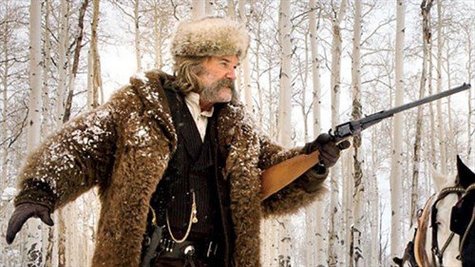 The 8th film by Quentin Tarantino, as the filmmaker pompously boasts, is a much more contained story than much of his recent filmography, being a film which takes place primarily in one location. The Hateful Eight is set a few years after the Civil War, where bounty hunter John Ruth is escorting his fugitive Daisy Domerque to hang in Red Rock. Along the way, Ruth encounters two strangers: Major Marquies Warren, a black former Union soldier turned bounty hunter, and Chris Mannix, a southern apologists who claims to be Red Rock's new sheriff. With a blizzard approaching, the four of them take refuge at Minnie's Haberdashery, a small cabin that will provide shelter from the harsh weather. Arriving at Minnie's, they are greeted by a host of unfamiliar faces, making it unclear who can and can't be trusted. Being a much more contained story than many of Tarantino's recent efforts, The Hateful Eight is a screenplay driven story, relying heavily on great performances and a playful screenplay that provides a lot of mystery and intrigue. The film feels like a stage play at times, with characters interacting with one and other in the same space while others sit quietly in the background. It takes a little getting used to at first, especially when considering how verbose many of these characters are when they do speak, but thanks to a lot of colorful characters the film is constantly engaging, regardless of its nearly 3 hour running time. Many have called The Hateful Eight, Tarantino's The Thing, and those comparisons are apt, as the film relies on its slowly building tension between characters to keep the audience engaged. The film continuously subverts the audiences expectations, suggesting alliances between various characters while simultaneously forcing the audience to question what they thought they knew, in terms of which characters are in cahoots with one and other. The performances all around are stellar, with Jennifer Jason Leigh in particular delivering a great performance. Even in scenes where she isn't directly involved, I found myself unable to take my eyes off of her, as Leigh delivers a full-bodied, devilish performance. Tarantino's film is full of human garbage behaving badly and while I'd be lying if I didn't say Hateful Eight provides devilish entertainment, I'd be re-missed to not mention the fact that Tarantino continues to remain stagnant as a filmmaker. Tarantino's juvenile obsession with violence and masturbatory dialogue continue to be his most defining attribute and his biggest detriment, as the filmmaker hasn't evolved at all over the years, if anything he has regressed. The film's commentary on race relations, and by that I basically mean the plight of the Black man living in America, lacks all subtlety and besides the obvious, really doesn't have much to say that we haven't heard a million times before. Violent, juvenile, albeit fun, Tarantino's latest opus, The Hateful Eight, is another blood-splattered excursion by the filmmaker that while enjoyable has really nothing all that interesting to say. 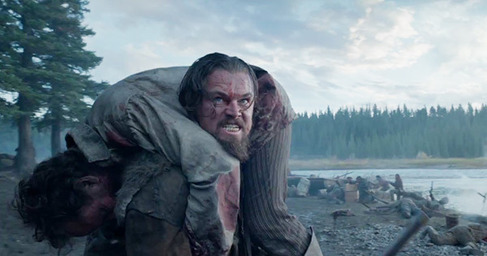 A story of survival and perseverance, Alejandro Gonzalez Inarritu's The Revenant is set in the early days of the uncharted American wilderness, where explorer/guide Hugh Glass finds himself brutally attacked by a bear, leaving him near death. Left for dead by members of his own hunting team, Hugh Glass sets out on a long, arduous journey of vengeance against John Fitzgerald, the man who killed Glass' only son and left him for dead. At its best, The Revenant is an intense, visceral experience, with the film's greatest aspect being the immersive experience it's able to create, featuring some stunning action set-pieces which use skilled cinematography and sound design to transport the viewer into the dark, gritty experience where the difference between life and death can change in the span of mere seconds. The Revenant is an intense story of survival and while the film's visceral nature cannot be denied, Inarritu continues to overuse his extravagant cinematography. The Revenant is a film about one man's struggle to survive in the cold, harsh conditions of the world around him, and while the film could have really benefited from capturing the quiet, stillness of death and these harsh conditions, Inarritu insists on keeping the camera constantly in motion, often doing so in scenes where it feels completely unmotivated and often even distracting to the overall experience. The Revenant is a very simple story of survival and revenge but perhaps the film's most interesting aspect is the aura of death and despair which envelopes the film. Early on I was concerned that Tom Hardy's antagonist character, John Fitzgerald, was going to be far too one-dimensional, but the film surprised me in this regard, with him becoming the most interesting character in the entire film as the film progresses. This character seems to be at odds with the filmmaker's intentions at times, being a man who is no doubt selfishly out for himself, but in the harsh world where survival is everything, it's hard to view this character as pure evil. The filmmakers seem to want to paint Fitzgerald as a monster, yet they repeatedly capture the dog-eat-dog nature of this world which he inhabits, displaying how almost everyone in the film is simply doing what they view necessary to survive. Fitzgerald's actions in the film, though heinous, are rooted in survival himself, making it hard for me to view this character as some monstrous protagonist that must be slain by our protagonist. That being said, there are characters throughout the film that show mercy and empathy for those around them in such arduous conditions, as if the filmmakers are trying to suggest that a sense of humanity and selflessness can still be found in even the most cutthroat conditions. These few characters, including our main protagonist, rival the dog-eat-dog mentality which Hardy's character inhabits, offering up a counterpoint to our antagonists actions. The film's take on revenge feels half-baked and under-developed, as does the mysticism and spirituality which Inarritu tries to inject into the film, as I wish The Revenant had simply been happy reveling in the simplicity of its narrative. That being said, at over 2 hours and 30 minutes long, The Revenant's simple narrative isn't sustainable over this long of a duration, and the film can become a slog, which I suppose one could argue is intentional, as the film tries to transport the viewer into the mindset of its lead protagonists arduous, to say the least, journey. Without question a beautifully composed and crafted piece of filmmaking, The Revenant routinely tries to do too much, with many of its larger ambitions related to the spirituality and moral repercussions of its main protagonist feeling ham-fisted and half-baked. 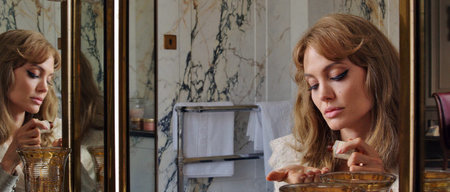 Angeline Jolie's By The Sea opens with a couple, Roland and Vanessa, driving among jagged cliffs, on their way to a seaside hotel in Malta. The rocky cliffs on their drive serve more than just beautifully scenery, being a symbolic representation of the couple's marriage, one that is full of sorrow and slowly deteriorating beyond the point of no return. On their arrival in Malta, Roland and Vanessa are barely engaged with one another. While Roland spends most of his time at the local cafe, drowning himself in booze as he attempts to find his voice again as a writer, Vanessa pops pills, trembling under the weight of her own misery. At its best, By The Sea is a mature examination of marriage, commitment, and emotion, displaying the self-destructive nature of trauma, the strain marriage can have on individuality, and the difficulties of breaking free of deep-rooted depression. The film reveals deep-seeded emotions and insights into this couples troubled relationships in nuanced ways, capturing the underlying pain and strife that lives beneath the surface of this seemingly pleasant relationship. At its worst, By The Sea feels like a really beautiful cologne commercial masquerading as a relationship drama, though fortunately for the viewer, By The Sea's good outweighs the bad by a significant margin. Without giving away too much details into why exactly Vanessa and Roland's relationship is so troubled, lets just say that By The Sea does a great job of telling a story gracefully, with much of what is said in By The Sea not being spoken but shown through subtle interactions between the couple and those they interact with. The couple is in a stagnant, passionless relationship, one that has deteriorated due to deep-seeded emotional trauma that I won't reveal in this review. Early on, By The Sea does a good job at capturing the underlying sorrow which is hidden under the veil of the couple's relationship, as Roland and Vanessa play nice, though the way they communicate akins more to one of polite strangers than a loving couple. The film is very much a mood piece at times, transporting the viewer into the psyche of these characters, individuals who have essentially given up, with By The Sea exhibiting an aura of entrapment which envelopes their relationship. When By The Sea is at its best, it delivers echos of Cassavetes' intimate examinations of emotions, with one of the film's stronger aspects being its ability to stay balanced between its two protagonists. By The Sea never shows any form of favoritism or biased towards either Vanessa or Roland, understanding that both characters have played a role in what has become a deeply-fractured marriage. While most of the film is very nuanced, the film does falter a bit when it comes to the interaction which unfolds between Vanessa and Roland and the young couple they meet staying next door to them, as By The Sea becomes a little too overstated for my liking in its statement about Vanessa and Roland's longing for their relationship to be good and healthy again. Vanessa and Roland grow attached to the happy couple, living vicariously through them, but the peep-hole aspect was a little too on-the-nose for me, though I'd be lying if I didn't admit how much I admired how the film captures the selfishness of Vanessa the young couple's happiness breeds. At its best, Angelina Jolie's By The Sea echoes aspects of Antonioni and Cassavetes, being a film thats good far outweights its bad, in exhibiting an engaging examination of a troubled couple. 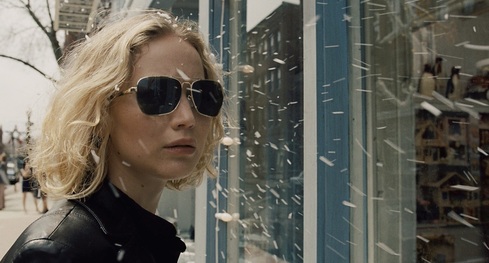 David O. Russel's Joy is a tale of entrepreneurship, centered around a young woman who finds her passion for creativity and invention stifled by her eccentric family and the male-dominated world around her. From an early age, Joy has always dreamed big, but life has always gotten in the way, as she's had to care for her divorced parents, ailing grandmother, and children who are growing up in a broken home. The caretaker of the household, who is responsible for making sure everything is taken care of, Joy eventually has an ingenious idea for a self-straining mop, and while she faces many obstacles from both her family and the outside world, she eventually finds herself going from obscurity to the matriarch of a business dynasty. Definitely a step up from David O Russell's last film, American Hustle, which isn't saying much, Joy is a film that starts strong, only to lose focus in the back half of the film. The eccentric group of family members which Joy deals with on a daily basis provide a very fast-paced, engaging experience early on, as Joy navigates her way around them, helping and taking care of four generations of family. The problems with the story arise when Joy begins to see her entrepreneurial spirit take off, as the family dynamics, which end up putting a strain on Joy's creativity, never feel fully developed. While the family members and their dynamics with Joy start off interesting, they quickly become cliche and uninspiring as the film progresses, particularly Joy's sister, who is written in a way that makes her feel over-the-top, a walking caricature of doubt and pessimism to Joy's ambition and optimism. While the film's ambition is noble, being about following ones dreams and ambitions regardless of societies dictated practicality, the film is far more inconsequential than I imagine David O'Russell intended, being a film that tells you its ideas more so than it organically captures them. For me, the most interesting aspect of Joy is the aura of feminism and male oppression that hangs over the film, with Joy being a character whose dreams are routinely confronted by a male-dominated world, one which doesn't grasp the true worth of her mop invention. From the first sales attempt on QVC that sees a male spokesman struggle to grasp how to use the mop, to Joy being routinely undervalued due to her gender, the film definitely speaks to the oppression females can face, doing so both in subtle and not-so-subtle ways throughout. David O'Russell's Joy is a film that starts strong but finds its narrative unravel a bit as it progresses, but i'd be lying if I didn't say I was engaged from start-to-finish with this true story about a woman whose invention swept the nation. 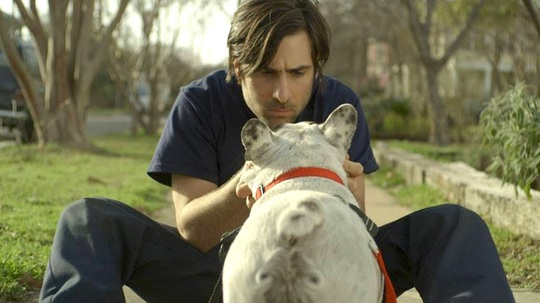 Larry is a slacker, completely content living a mundane existence with his dog Arrow and lots of booze to keep him company. His tolerance for others isn't exactly high, with the only real relationships in his life being with his grandmother, who keeps him afloat financially, and his friend Norwood, who sneaks him pharmaceuticals. After being fired for stealing from his job at a local restaurant, Larry starts a new job at a Jiffy Lube type business, which may, or may not, be the impetus that sends Larry down a different path in life. Bob Byington's 7 Chinese Brothers is a quietly observant study of a character who has absolutely no ambition in life, featuring a strong performance by Jason Schwartzman. The film could certainly be characterized as slight, but I'd argue there is plenty of interesting aspects of 7 Chinese Brothers, buried beneath the mundanity of our main protagonist. There is a quiet frustration, a quiet sadness in this character that becomes more obvious as the film progresses, pulling back Larry's content with being a slacker and revealing a frustrated man who simply hasn't had an opportunity to make something of himself. The mundane, day-to-day, of 7 Chinese Brothers speaks to some larger truths about life, with Larry routinely rolling with the punches, no matter what. Whether it's his best friend, Norwood, entering into a relationship with the girl Larry likes, or the death of Larry's grandmother, our main protagonists' demeanor barely chances throughout the narrative, as if Bob Byington is making a commentary on life itself, something that we can never hope to control. Larry is a character who never gets too high, nor too low, always having a playful personality, regadless of his troubles with alcohol. Featuring lots of great dry humor and a role that Jason Schwartzman was born to play, Bob Byington's 7 Chinese Brothers is a relatively simple story that reveals some interesting observations about life itself. 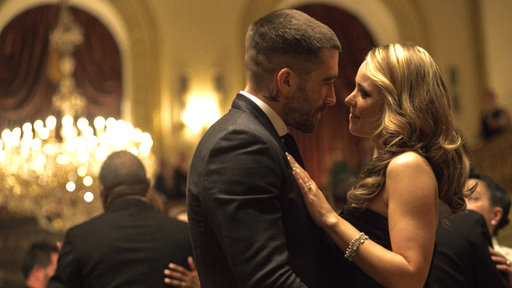 Antoine Fuqua's Southpaw tells the story of Billy Hope, the reigning Junior Middleweight Champion of the World whose aggressive, brawler style of boxing has left his wife, Maureen, concerned about his life after boxing. When tragedy strikes in the form of his wife falling victim to a fatal gunshot wound, Hope finds his lifelong manager and friend leave him behind, sending the once proud fighter down a spiral of alcohol, drugs, and self-destruction. Losing his daughter to child protective services due to his negligence, Billy turns to an unlikely savior in Tick Willis, a retired fighter and trainer at a run-down local gym. Antoine Fuqua's Southpaw is a by-the-numbers redemption story in which the whole narrative feels very predictable, offering very few surprises along its two-hour running time. The film is quite manipulative, attempting to pull the heart-strings of its audience at every turn, using coodinated plot points that essentially attempt to tell the viewer how to feel, with nothing feeling organic about Hope's struggle to get back on his feet. The one bright spot of the film is Jake Gyllenhaal, who puts in another strong performance as this rough-around-the-edges characters. Billy Hope is a character who came from nothing, growing up on the streets of Hell's Kitchen, and perhaps the greatest aspect of Gyllenhaal's performance is how he encaptures this type of character, delivering a performance that evokes the deep-seeded rage of this man who has a simplistic perspective on how he sees the world. If you have any desire to see Southpaw I'd highly recommend you do so before seeing Creed, as the later film's boxing sequences are much more interesting, authentic feeling, and artistically composed, with much of Southpaw's fight choreography being rather bland, outside of nice use of point-of-view photography. Southpaw features a manipulative, predictable narrative that is hard to get overly invested in, with Jake Gyllenhaal's performance really being the only saving grace of the film. 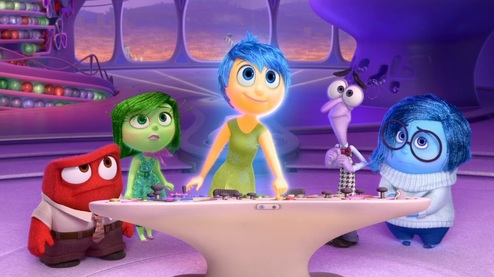 One of the most inventive films of the year, Pete Docter & Ronnie Del Carmen's Inside Out is the latest, great Pixar film that on the surface may be made for children, due to the beautiful animation, but it's unquestionably a film that will mean more for adults due to its ingenious examination of emotion, personality, and the human mind in general. Centered around Riley, a young girl, who is uprooted from her Midwest life when her father starts a new job in San Francisco, Inside Out is the story of a young girl dealing with the stresses associated with massive change, an existential crisis of sorts, and the emotions which inhabit her young psyche. Funny, cute, and playful, Inside Out certainly has enough to appeal to the children, but the film's determination to explore existential crises makes it a film more for adults, which surprisingly manages to capture how humanity is at its best with the right emotional composition. The emotions themselves feel well-represented as well, as I'm no psychiatrist, but I found it a fascinating decision that Anger is leading the charge when it comes to Riley's decision to runaway, as Anger is typically an emotion that nothing good comes of. It's a little hard to explain, but Inside Out uses these cute, cuddly characters, each which represents a different emotion, to tell a story that the kids can somewhat follow, while the interactions of the human characters themselves provide the true value of the film, exploring the emotional state of characters and how quickly they can consume our overall demeanor. Incredibly complex and surprisingly mature, Inside Out captures the reflexive quality of emotion, how they are almost never mutually exclusive, and most importantly how sadness and joy are part of the important equilibrium of life. Pete Docter & Ronnie Del Carmen's Inside Out captures the old magic of Pixar, something that I'd argue we haven't seen in quite awhile, actually let me take that one step farther, this is without question, in my mind, the best film Pixar has ever made, being a film that captures a lot of universal truths about emotions. |
AuthorLove of all things cinema brought me here. Archives
June 2023
|
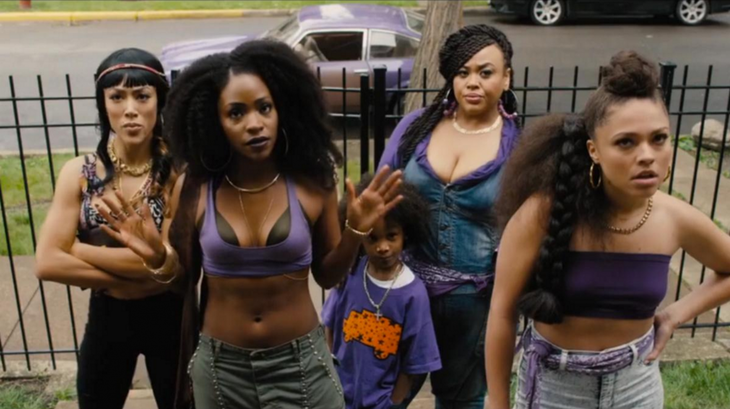
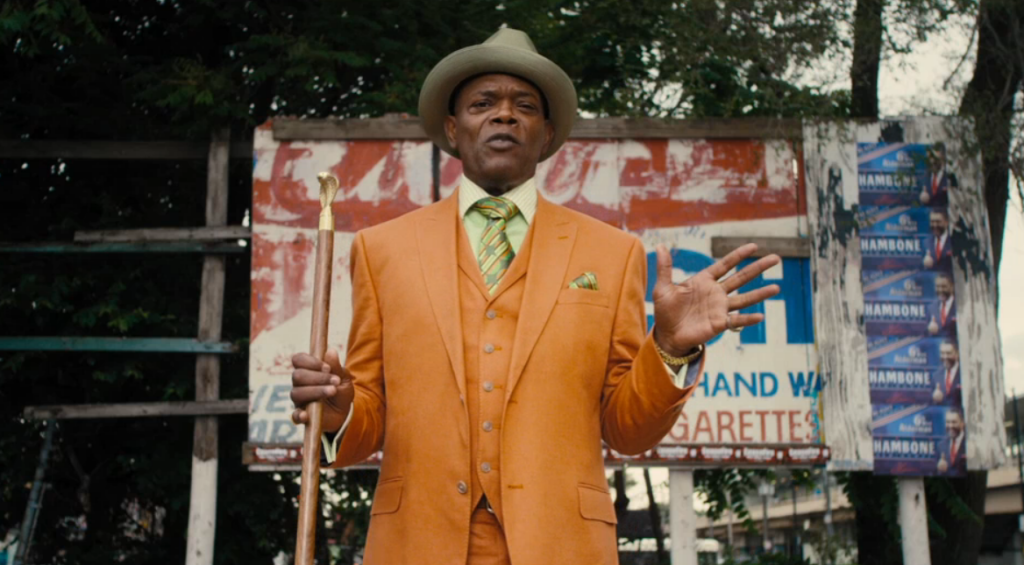
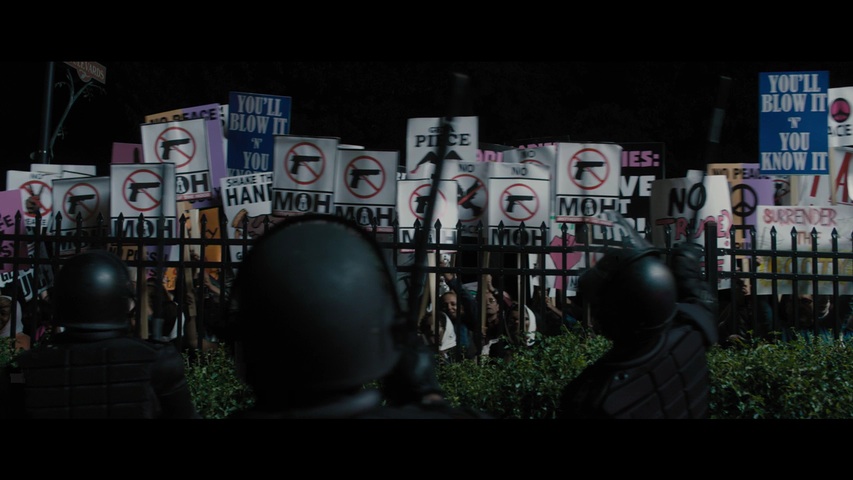
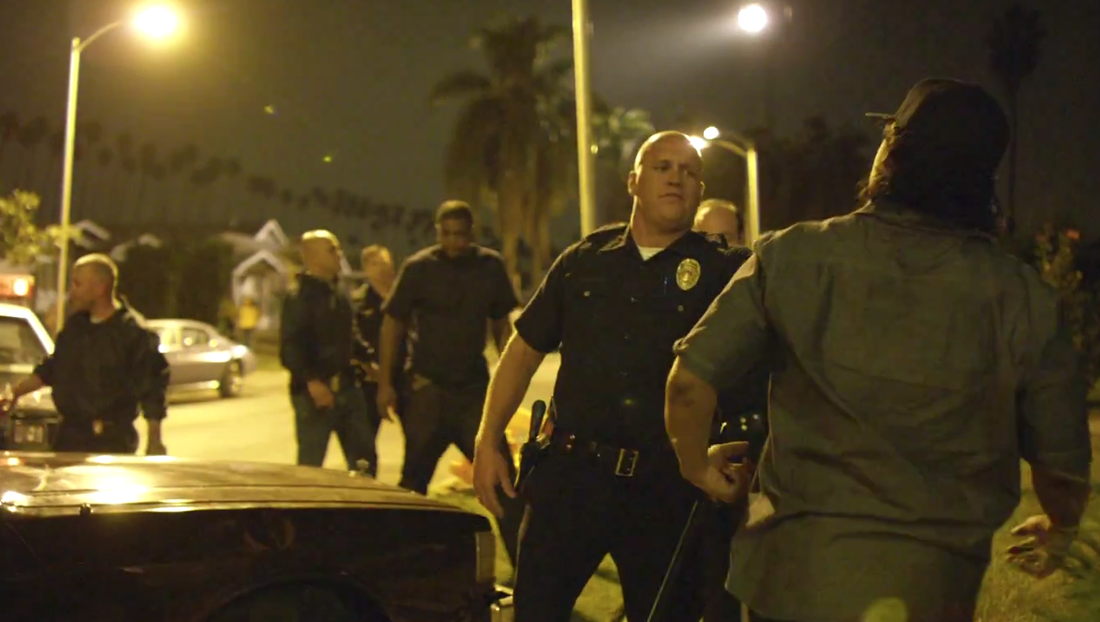
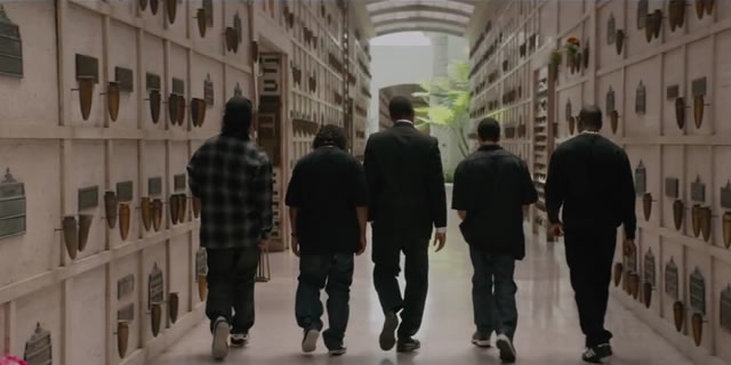
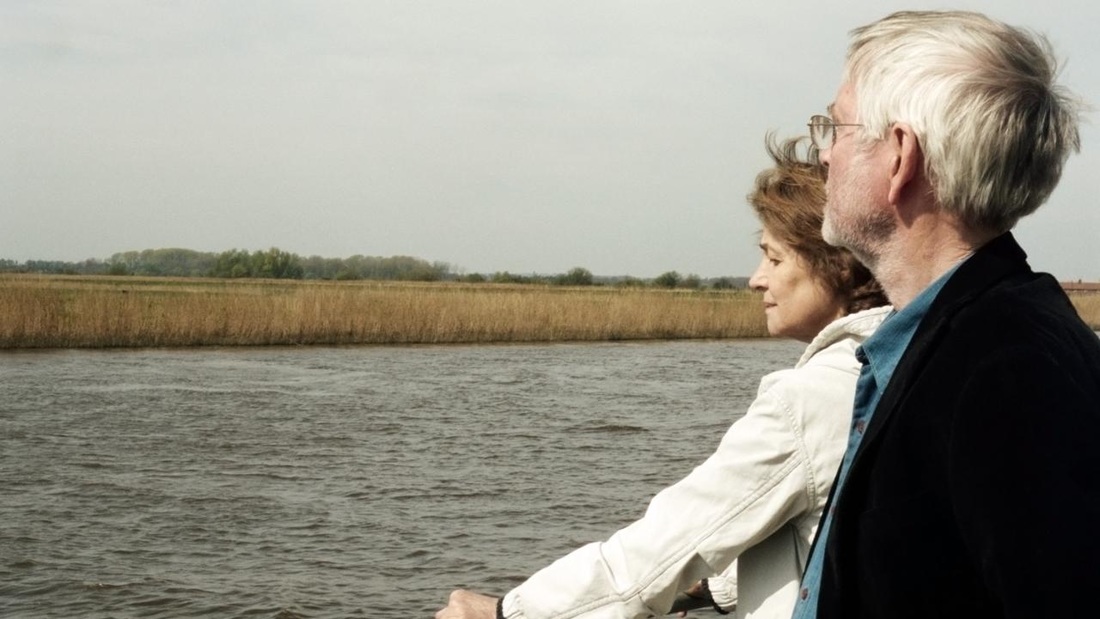
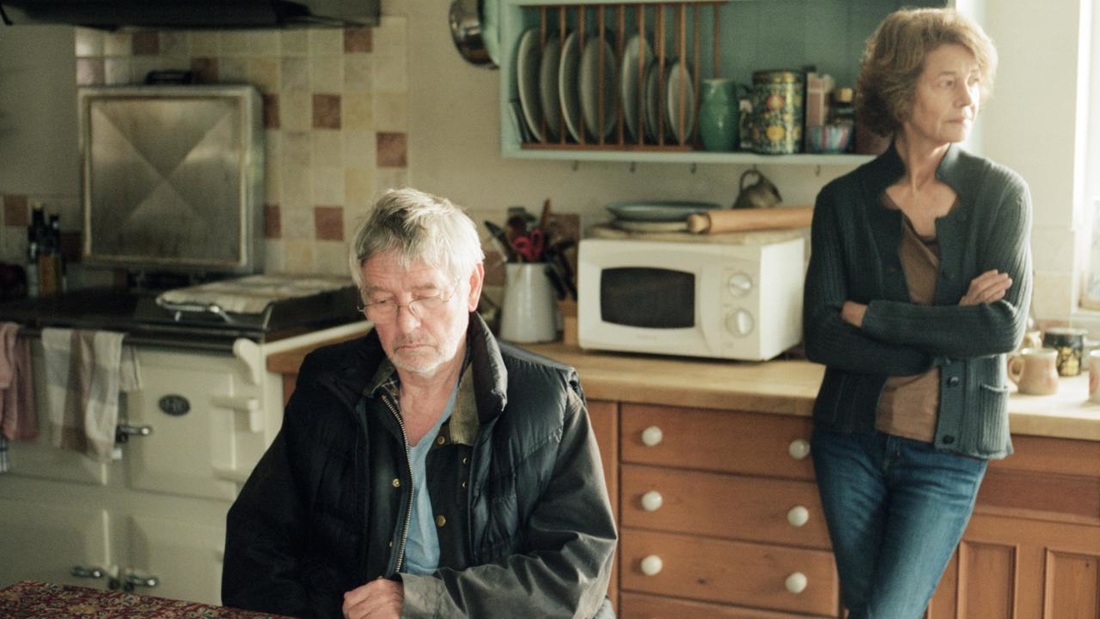
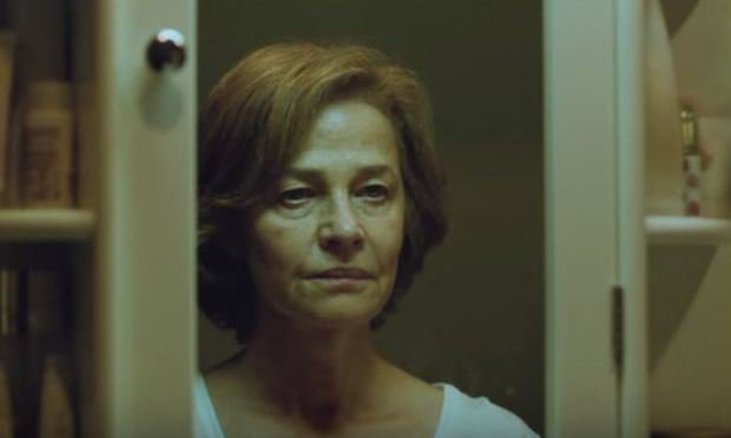
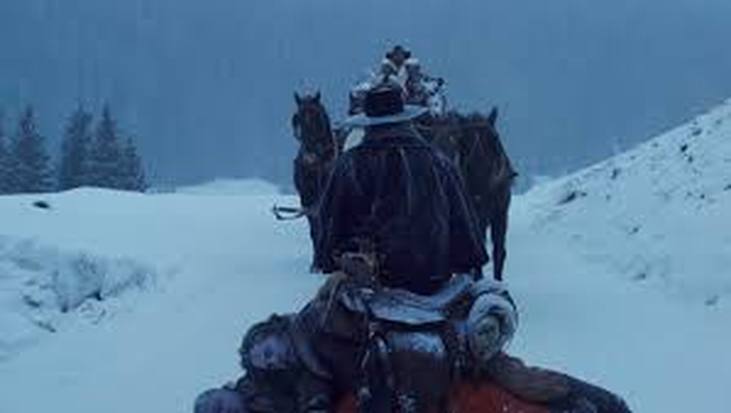
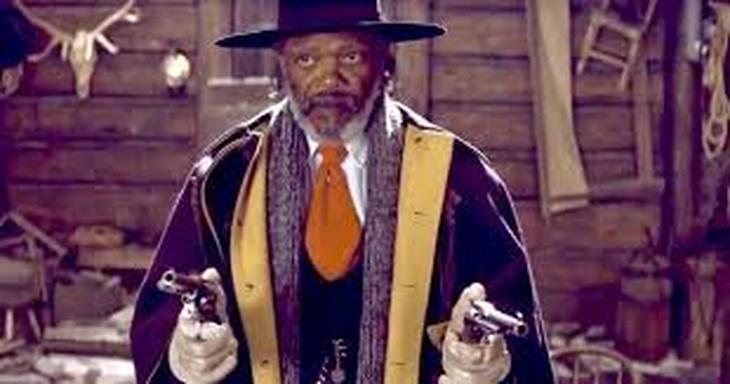
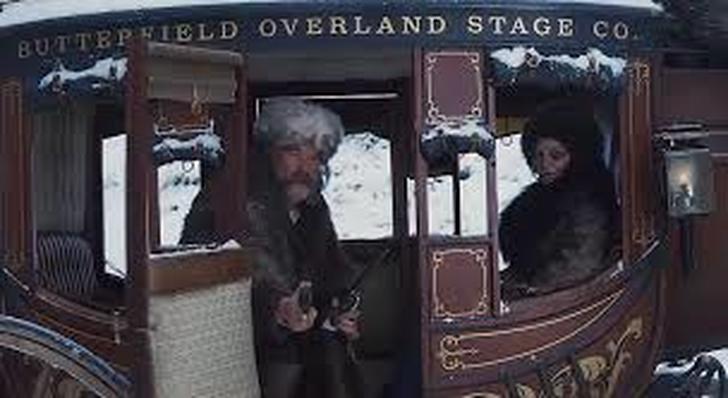
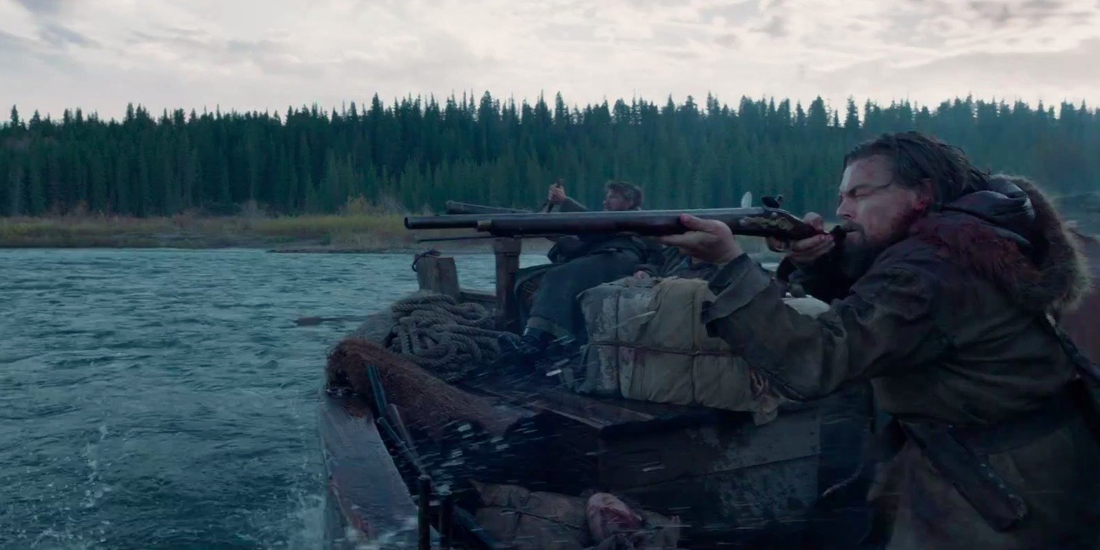
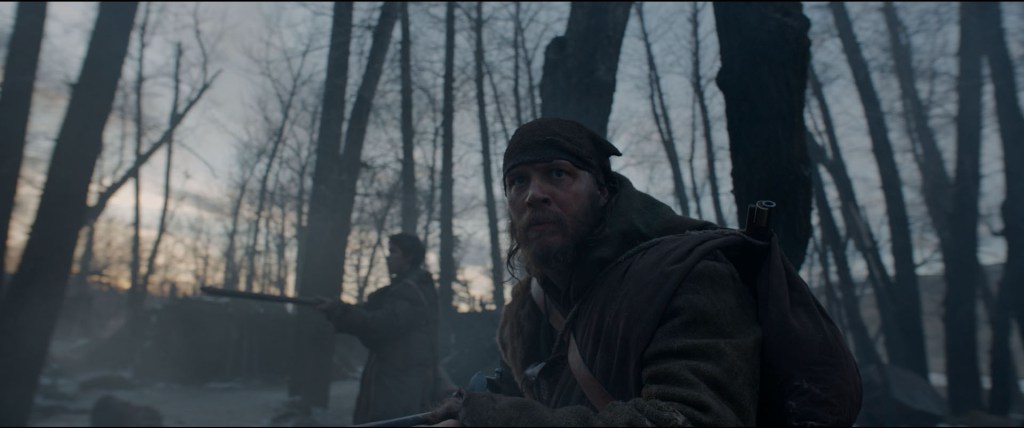
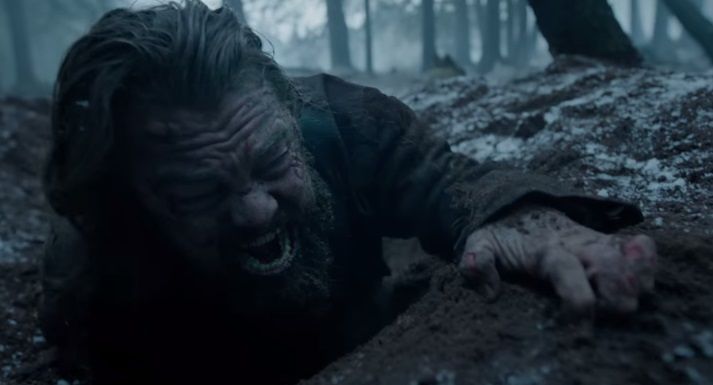
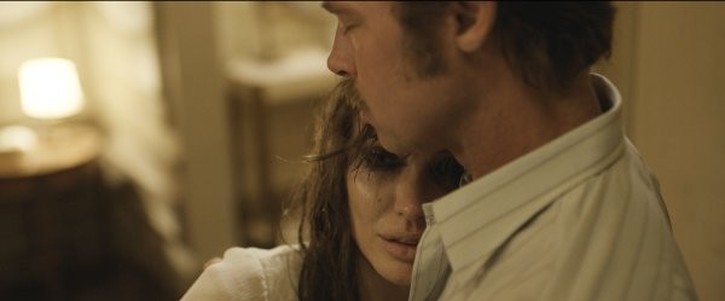
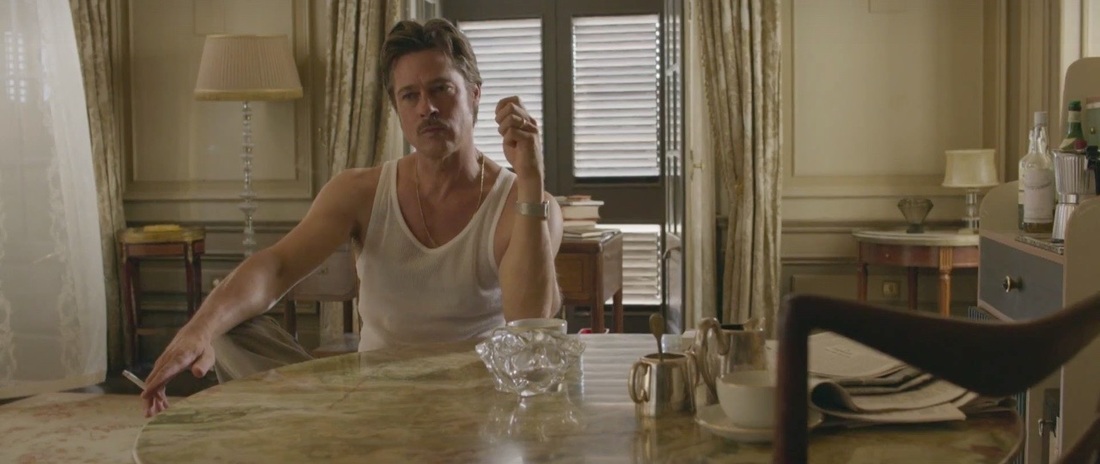
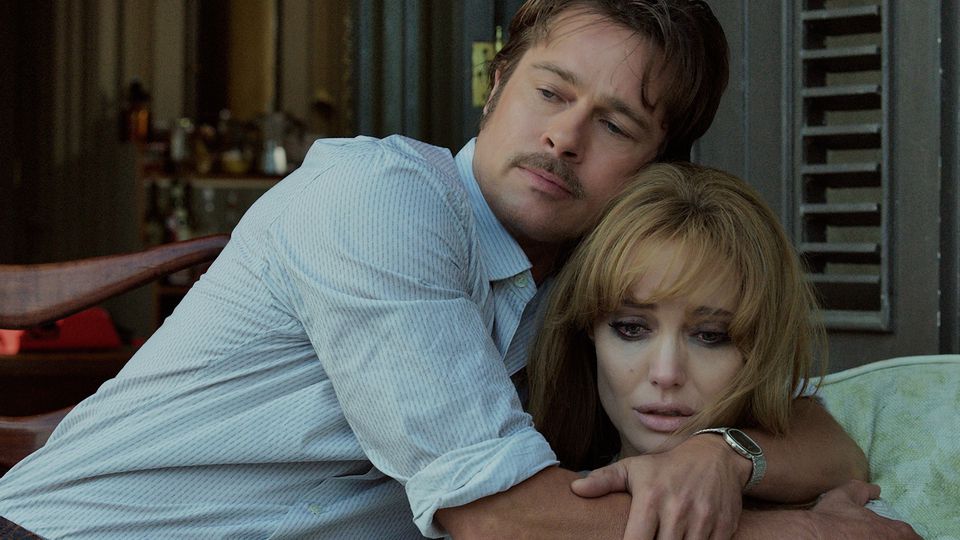
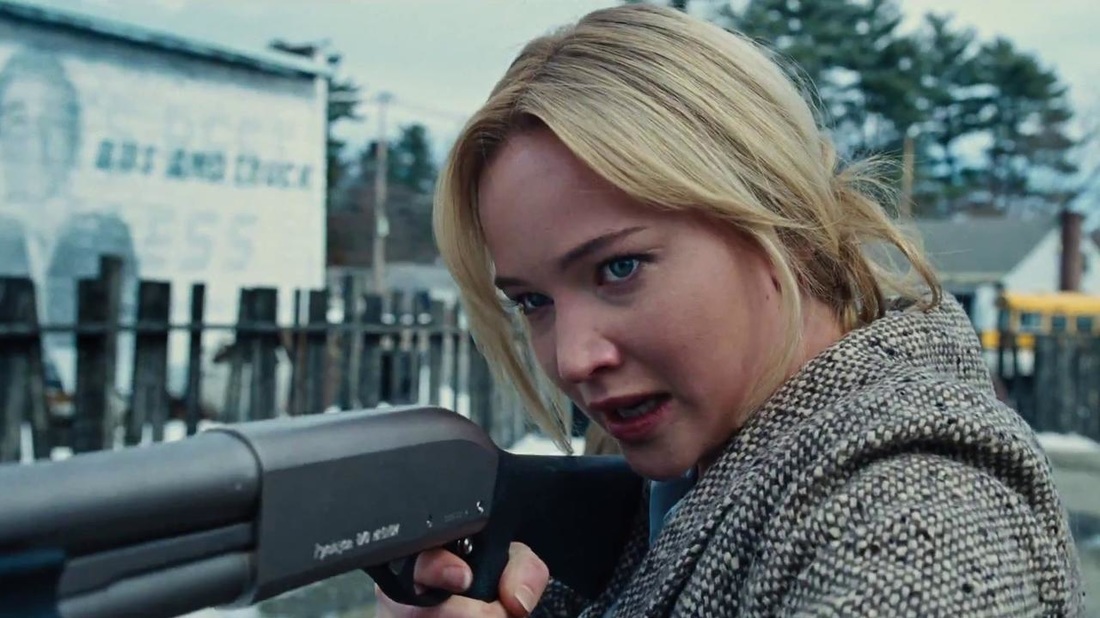
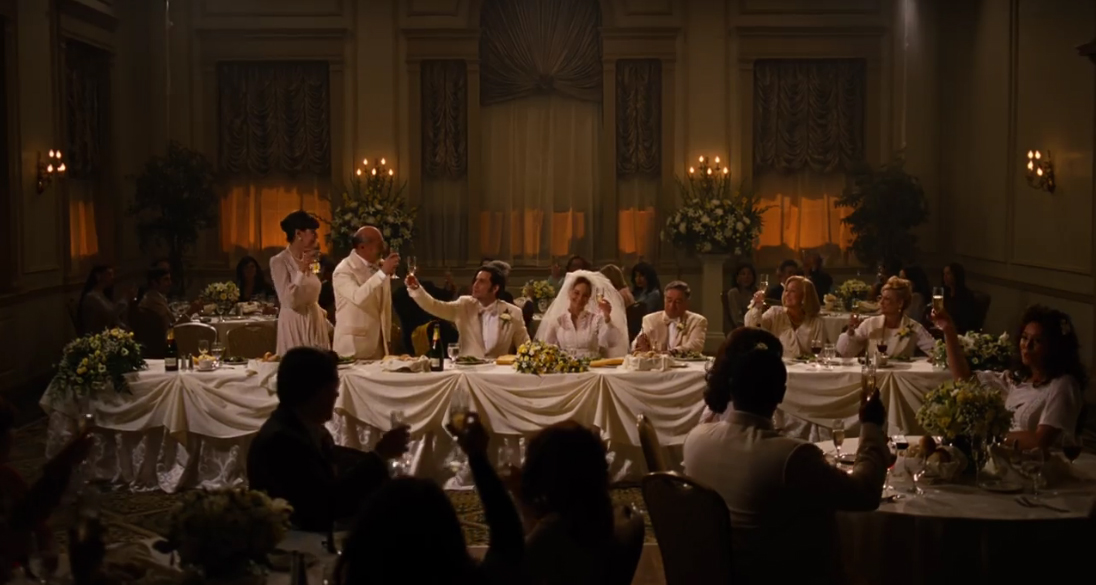
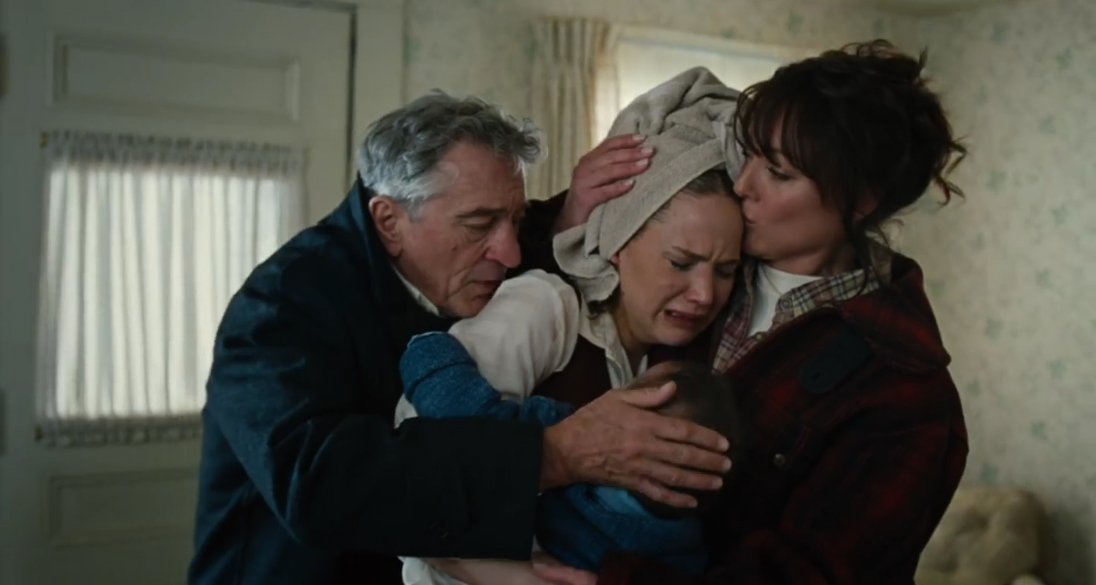
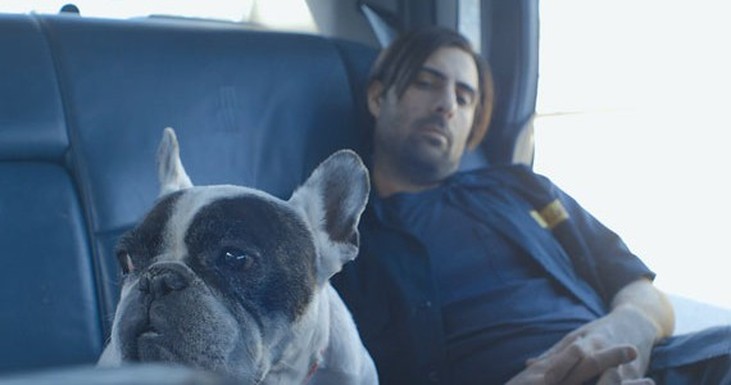
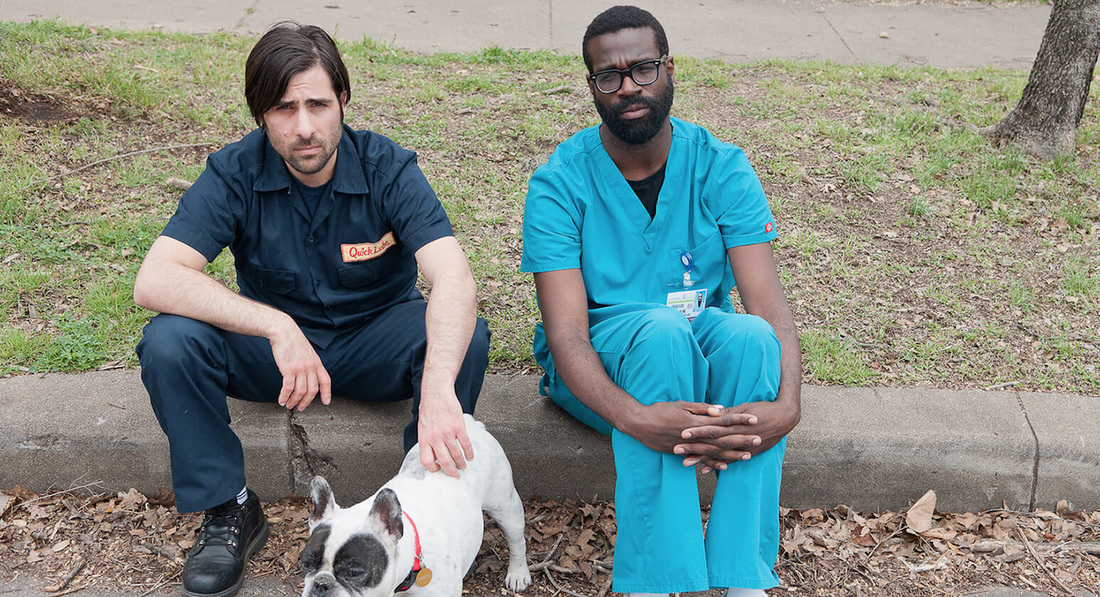
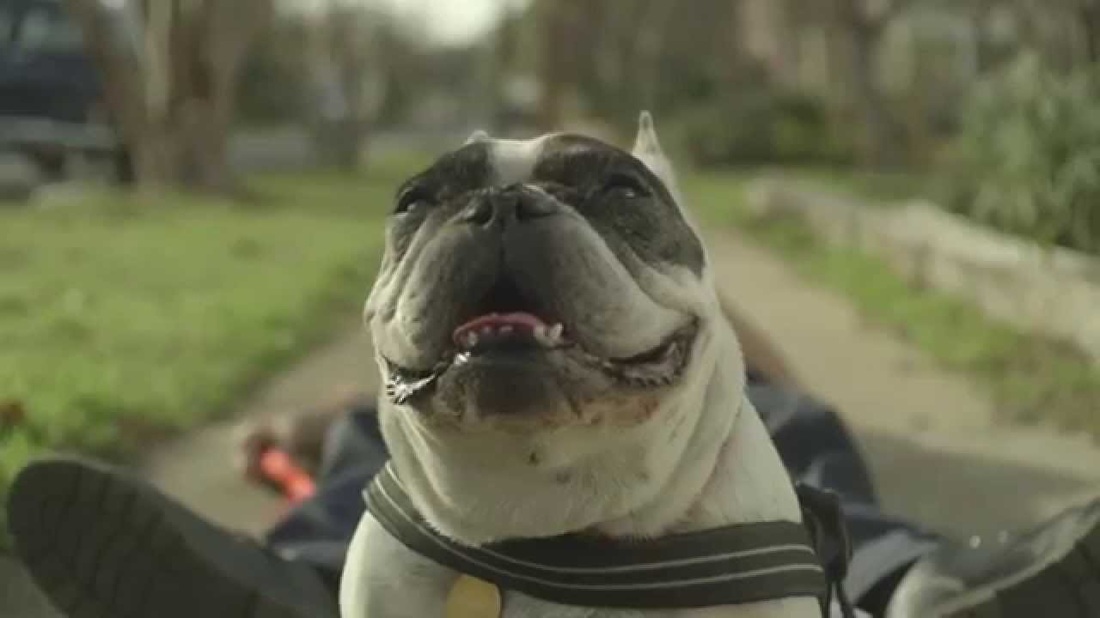
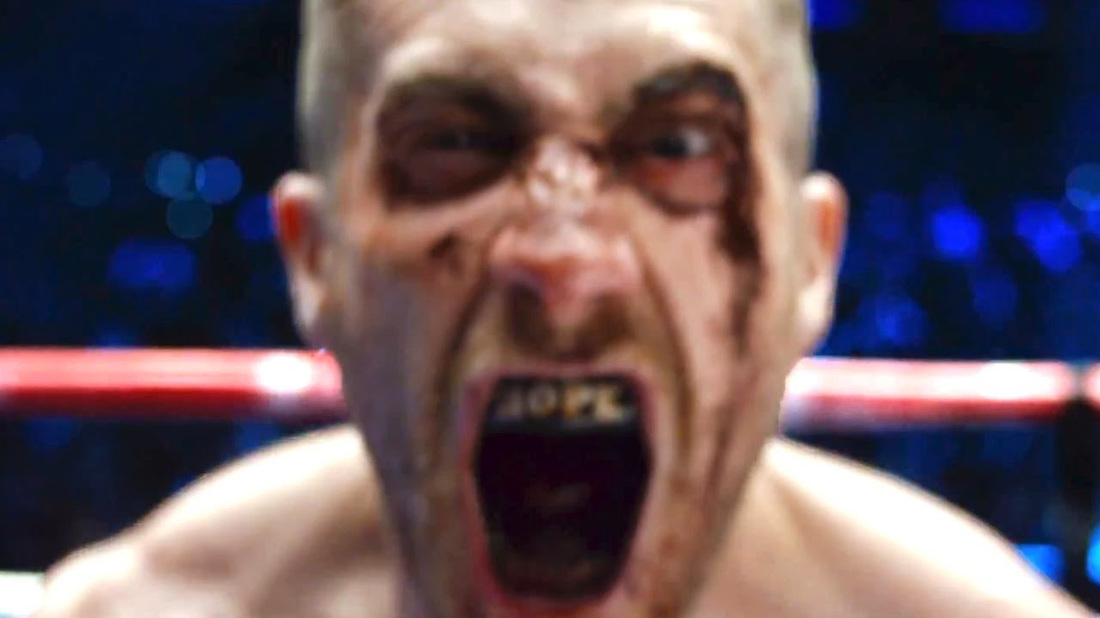
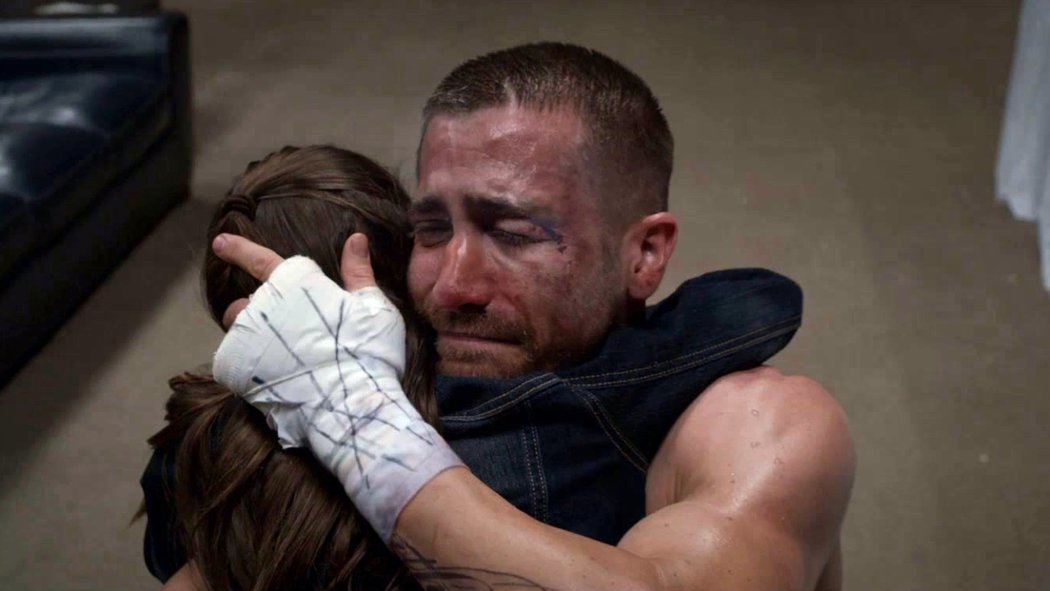
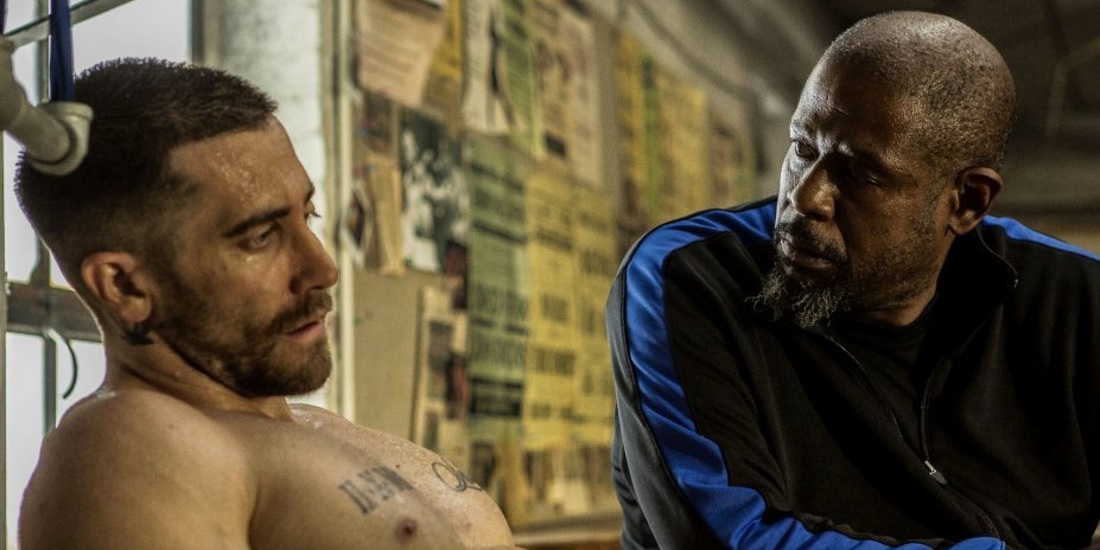
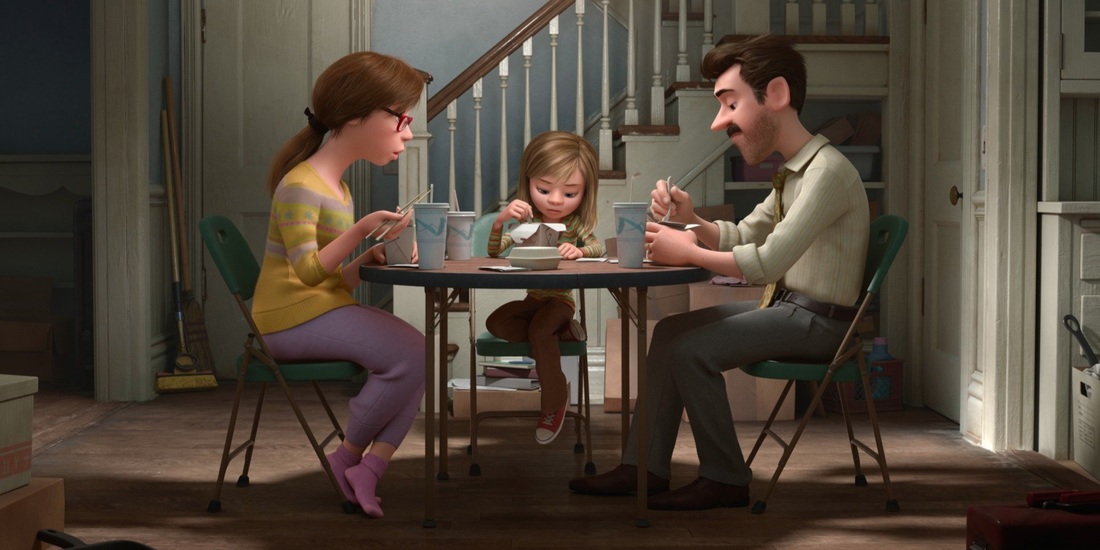
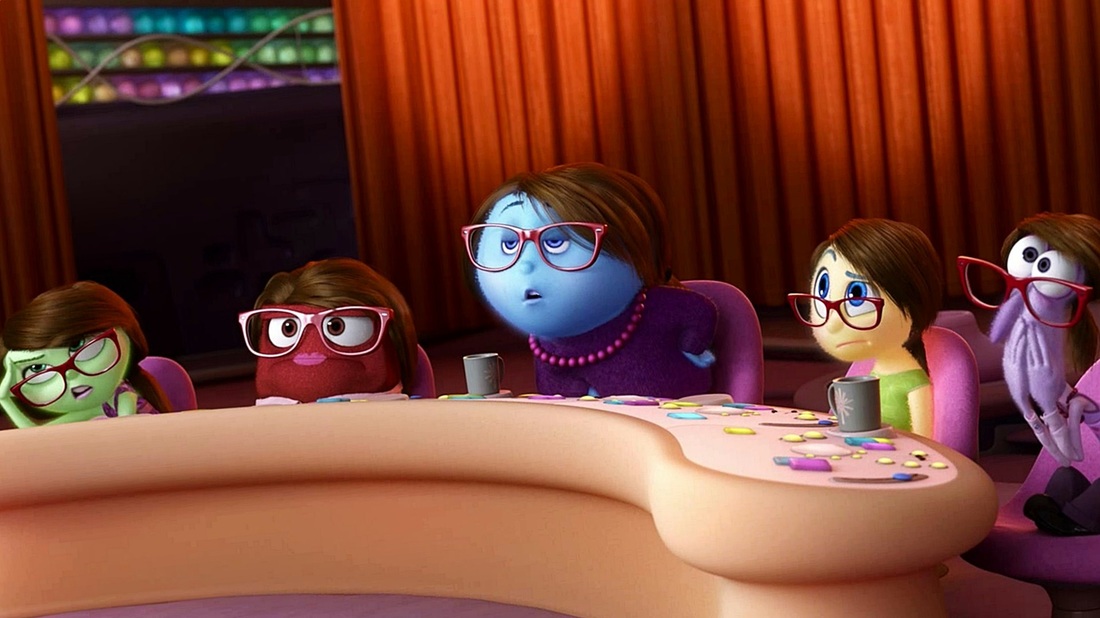
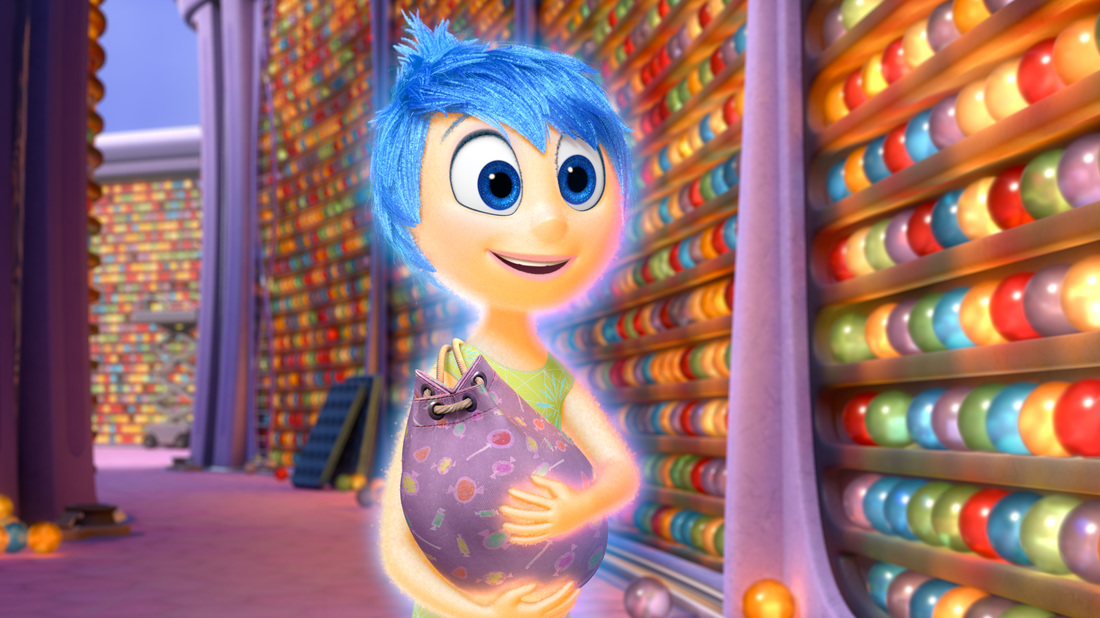
 RSS Feed
RSS Feed
